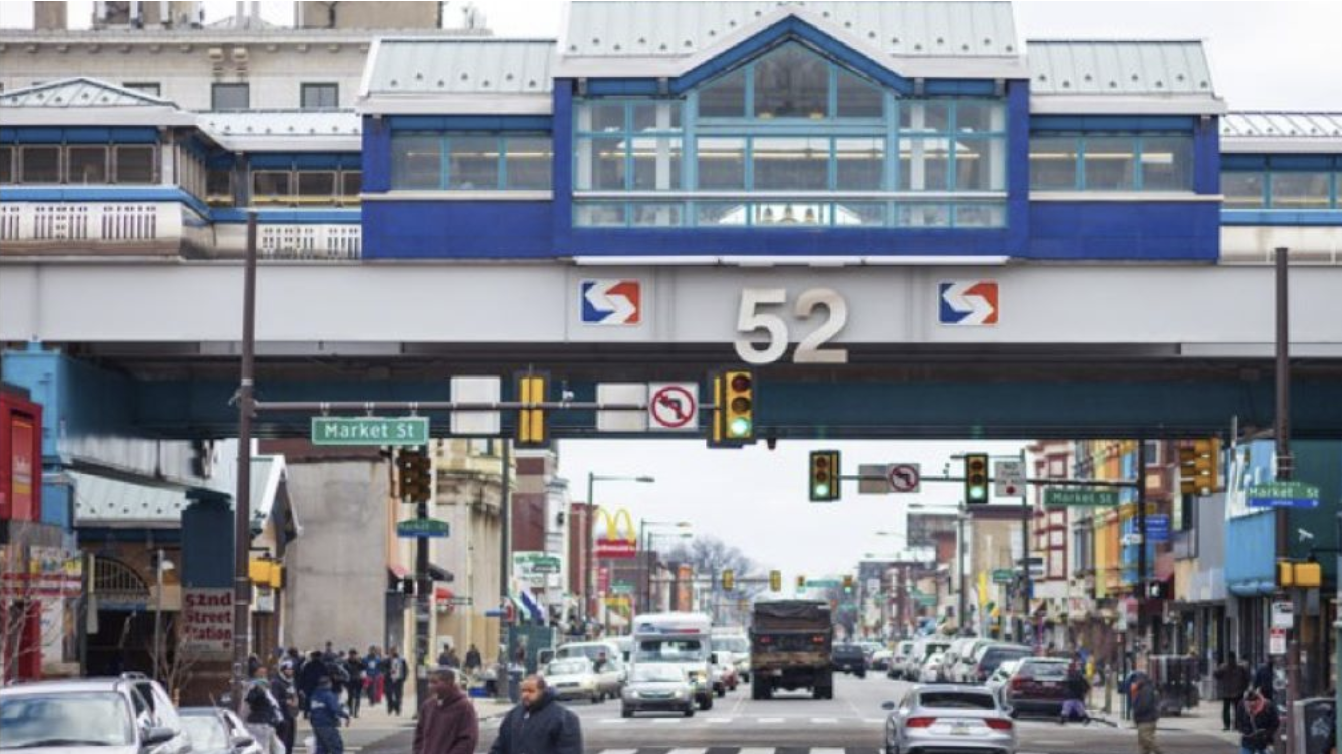The Equity Test

Media Outlet
Bruce Katz
Over the past four months, the Nowak Metro Finance Lab at Drexel University, The Enterprise Center (TEC), and the Philadelphia Equity Alliance (PEA) have partnered to develop an Investment Playbook for the 52nd Street Corridor in West Philadelphia.
Our goals were ambitious but straightforward. With funding flowing at scale from the federal and state governments and with racial equity commitments made by major financial institutions (see Economic Opportunity Coalition (EOC), the regeneration of the 52nd Street Corridor is a real-world test of whether large scale resources will actually come to ground, blunt market headwinds, and drive inclusive growth. As written before in our 2019 Community Wealth paper, “mixed-income, mixed-purpose, and mixed-use” corridors can provide opportunities for small businesses to thrive, create jobs for residents, and keep money circulating within the local economy.
The 52nd Street Investment Playbook strives to be a model for transformative community and economic development. It is not a neighborhood plan, but a portfolio of specific projects with specific costs to attract investment from government programs, financial institutions, investors and philanthropies, and a mix of grants, debt, equity, and tax incentives necessary to bring catalytic projects to fruition. The 52nd Street Investment Playbook includes over 30 projects and strategies with an initial estimated cost of ~$160 million and focuses on expanding local property and business ownership and growing locally — and minority-owned small businesses that create good jobs and offer quality goods and services at reasonable prices.
The central role of The Enterprise Center (TEC), a trusted community intermediary, makes this transformation possible. Under the inspiring leadership of Della Clark, TEC is a critical vehicle for federal funding, serving as a Community Development Financial Institution (CDFI), a Community Development Corporation (CDC), a Federal Minority Business Development Agency Center (MBDABC) and a Small Business Investment Company (SBIC). TEC also executes the Pennsylvania Main Street Program on 52nd Street and manages the corridor through the City’s Targeted Corridor Management Program.
Their work builds upon 30 years of supporting Black-owned businesses, leading community development finance, and community planning with organizations like Walnut Hill Community Association. Initially expanding their Retail Resource Network initiative along 52nd Street, TEC has undertaken strategic property acquisition over the past 15 months and recognized this corridor as the cornerstone of their work — an ecosystem that brings together business support and human capital. The role of a visionary steward like TEC is an essential platform for any effort to take a whole-neighborhood approach to commercial corridor development, which prioritizes community wealth-building.











